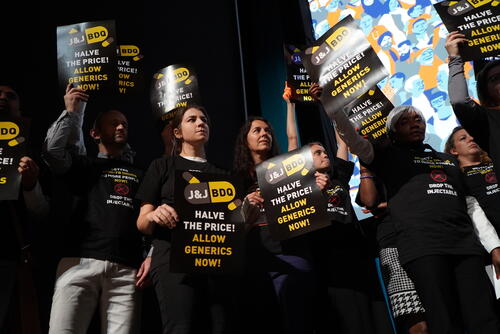During the 1990s, MSF teams made a bitter observation: we were failing to treat some of our patients suffering from infectious diseases, while in developed countries, remarkable progress was being made in the field of health. Two decades on, medicines in developing countries are still either too expensive, aren't suitable to be used in many of the contexts in which we work (for example, in hot, humid conditions or where there's a lack of electricity), or simply don't exist for the diseases we need to treat.
In 1999, we launched the Campaign for Access to Essential Medicines, now known as the Access Campaign. Its mission focuses on three areas: overcoming barriers to access to essential medicines, stimulating research and development for neglected diseases, promoting health exceptions to global trade agreements.
In 2003, MSF joined several research institutes, including the Institut Pasteur, to create the Drugs for Neglected Diseases initiative (DNDi), a non-profit research and development organisation engaged in research and development of new treatments for neglected diseases.
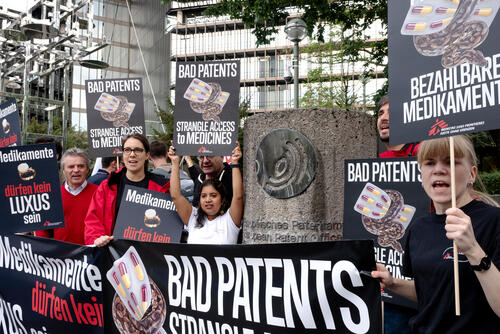
20 years on, the access-to-medicines battle is going global
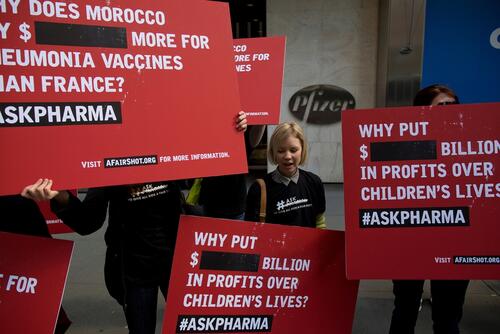
6 things Big Pharma doesn’t want you to know!
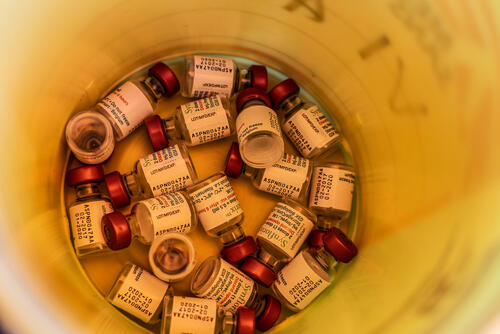
Gavi should stop awarding special funds to Pfizer and GSK for pneumonia vaccine
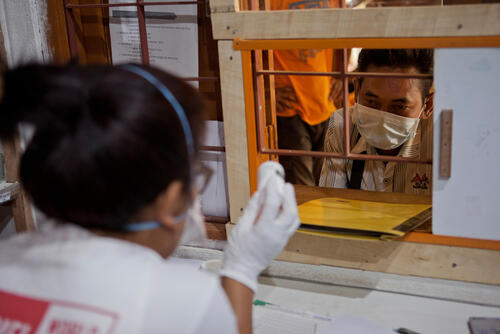
Promising new tuberculosis drug pretomanid approved, but will it be affordable?
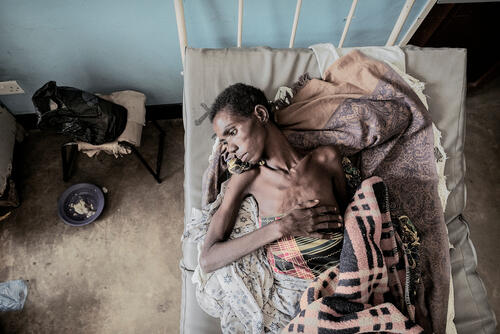
Gilead fails to keep promise on access to lifesaving drug for people living with HIV
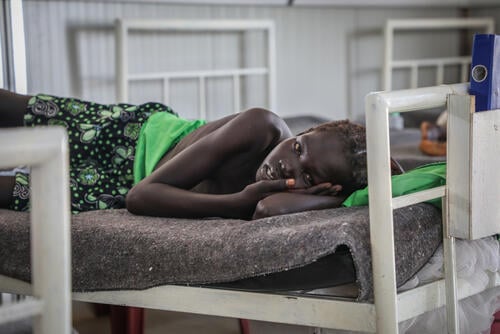
WHO launches strategy to cut snakebite deaths and disabilities in half
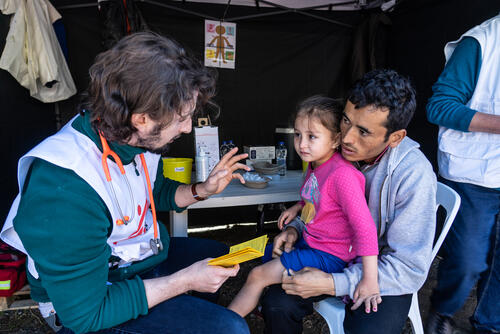
Humanitarian mechanism for vaccines used for first time in Europe to counter high prices
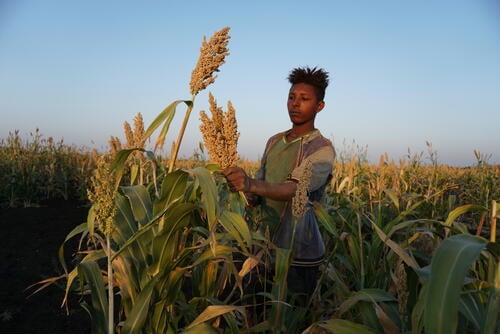
“The first ten minutes are critical”: treating snakebite in Ethiopia
